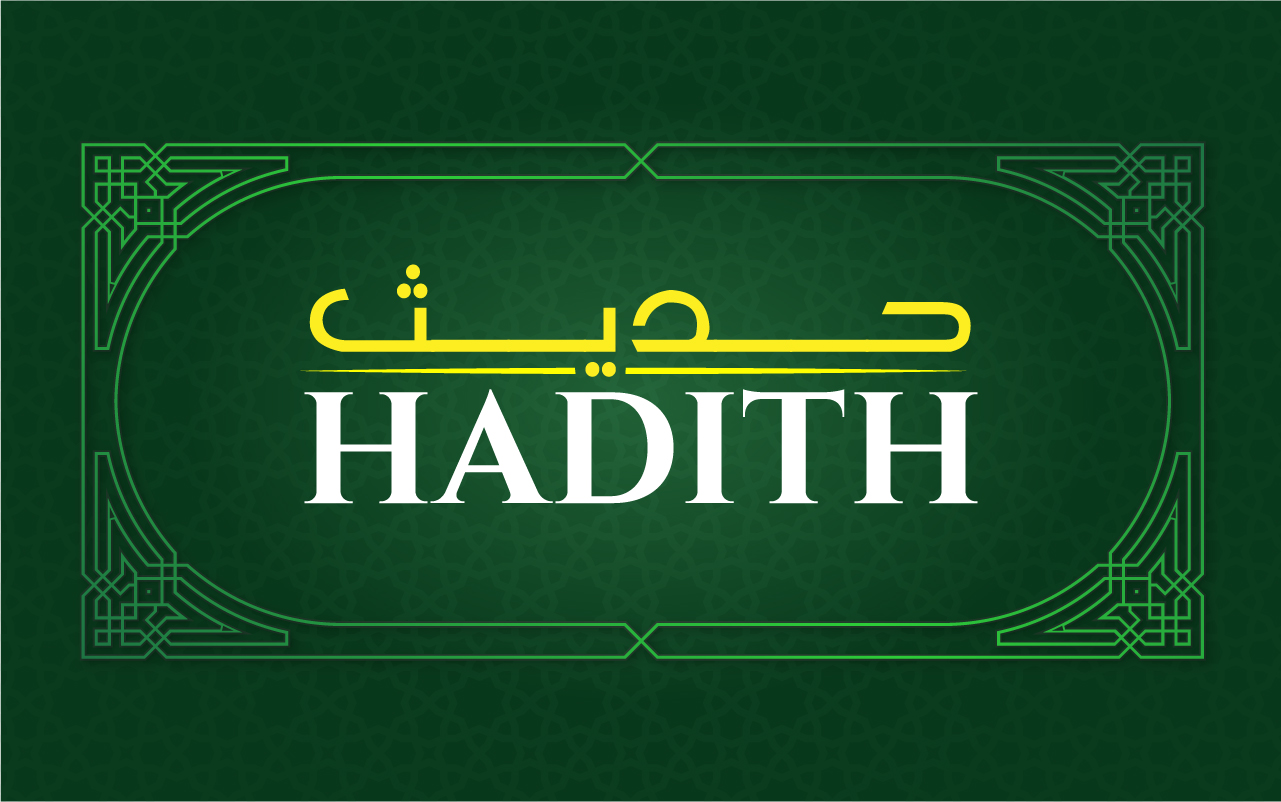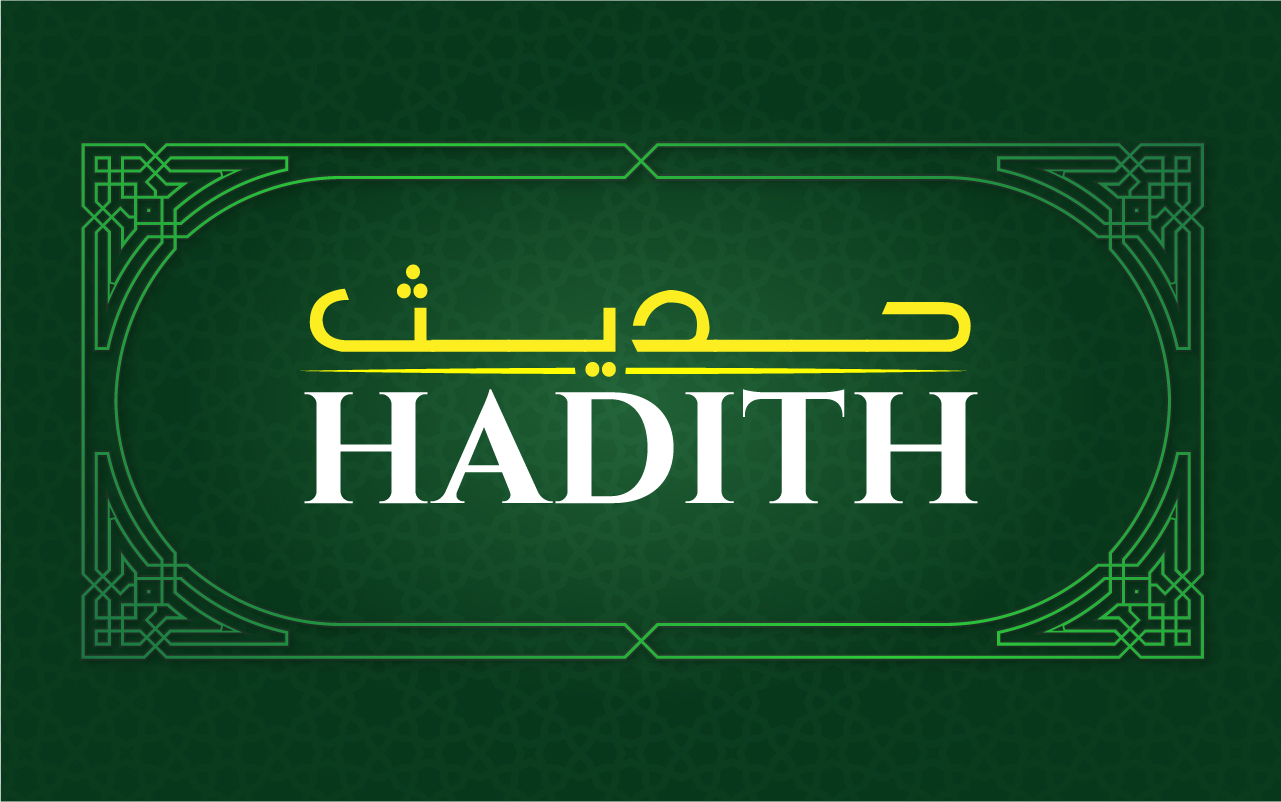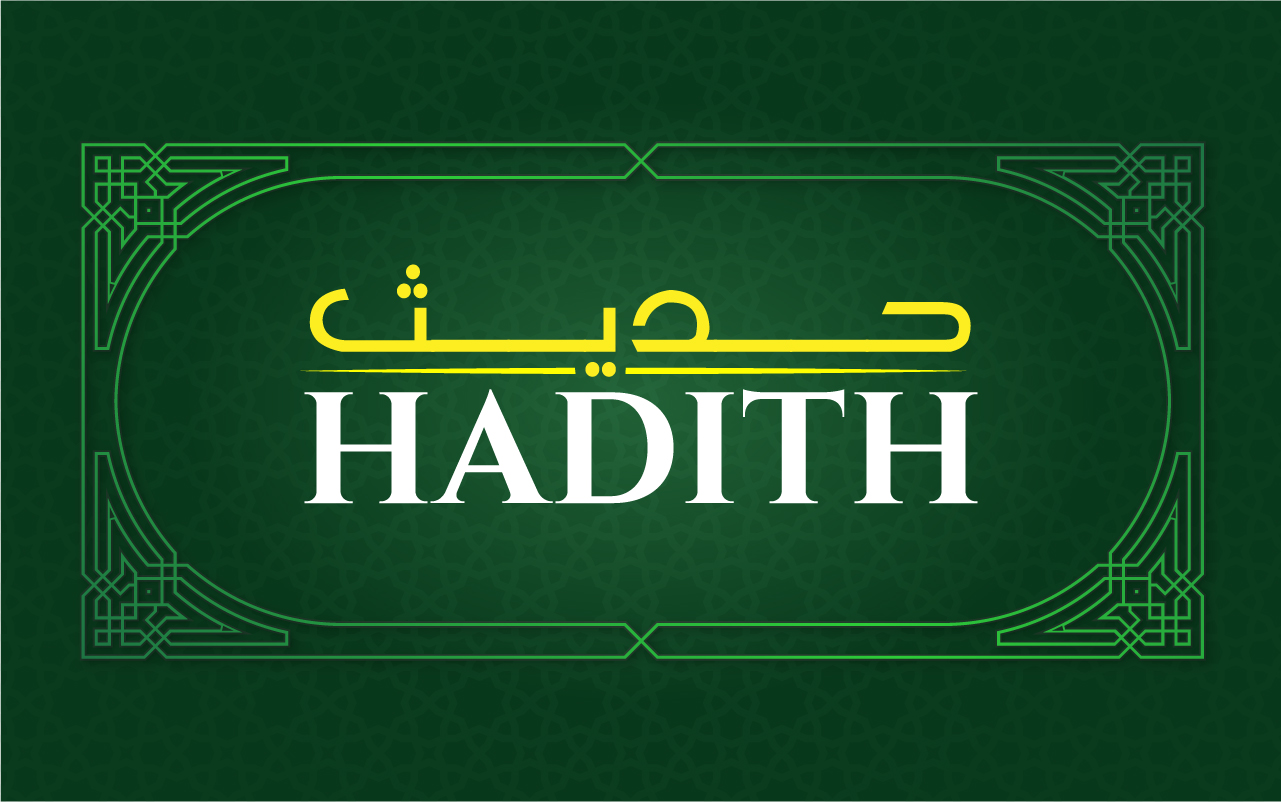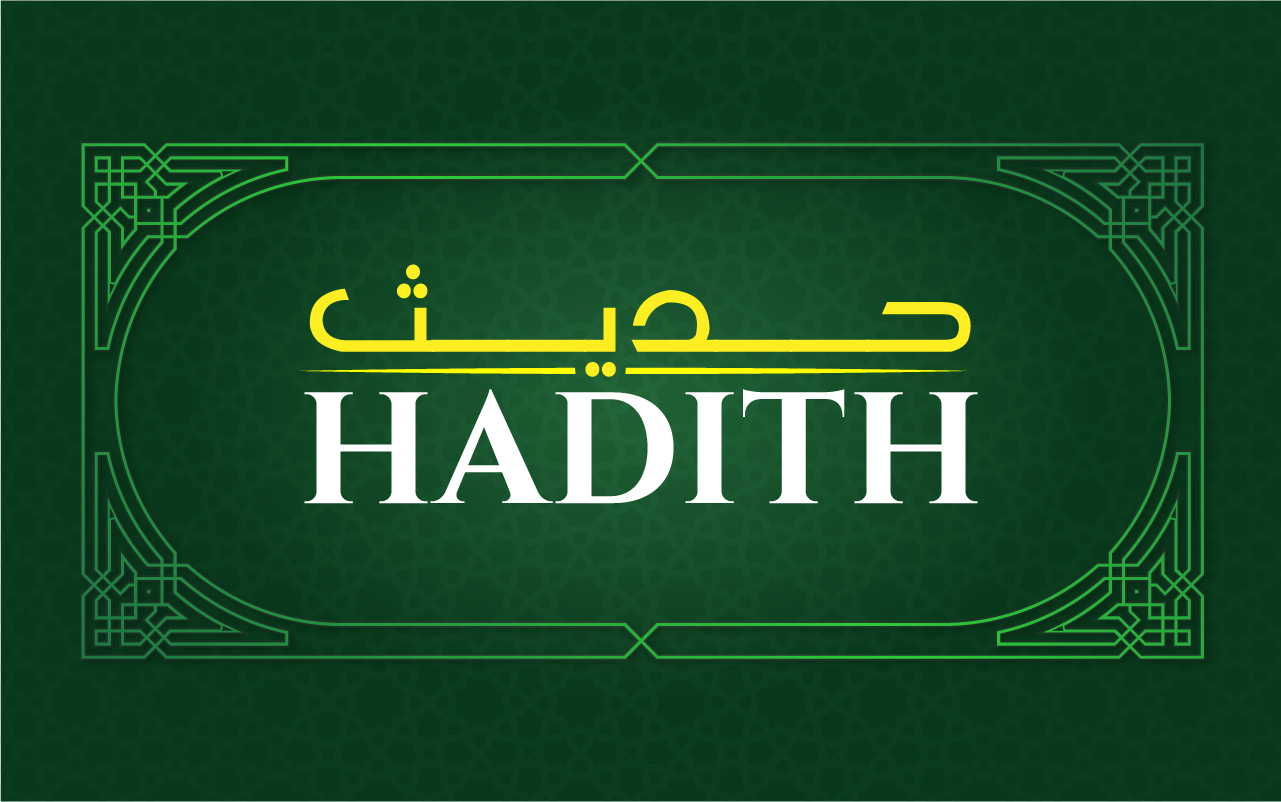What is the Hadith about seeking knowledge?
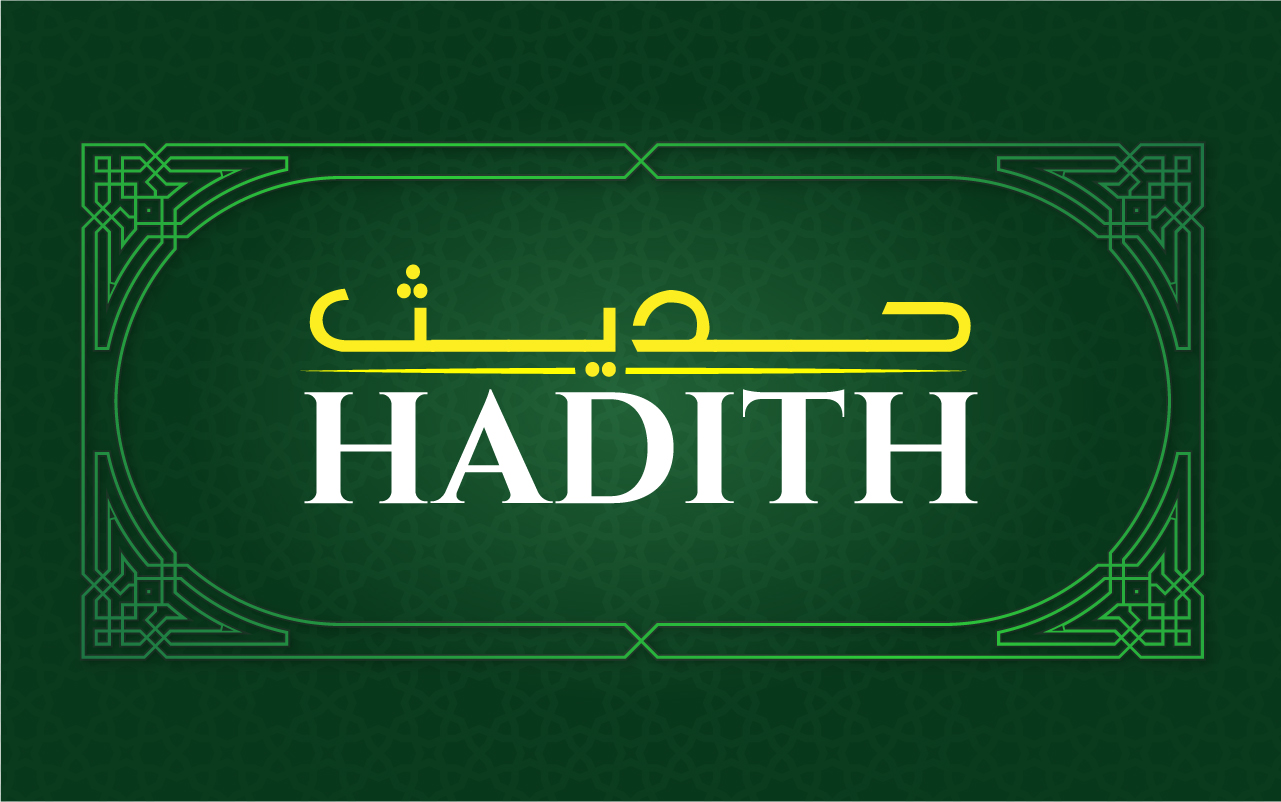
The pursuit of knowledge holds a significant place in Islamic teachings, and several Hadiths emphasize its importance. One of the most well-known Hadiths regarding seeking knowledge is reported by Abu Huraira (may Allah be pleased with him), where the Prophet Muhammad (peace be upon him) stated:
“Seeking knowledge is an obligation upon every Muslim.” (Sunan Ibn Majah)
Significance of the Hadith
This Hadith highlights that acquiring knowledge is not merely encouraged but is a fundamental duty for every Muslim, regardless of gender. The term "knowledge" in this context encompasses both religious and worldly knowledge, underscoring the value of education in all areas of life. It reflects Islam’s recognition of the importance of understanding one’s faith, as well as the broader world, to fulfill one’s responsibilities as a member of society.
Broader Teachings on Knowledge
Another significant Hadith, narrated by Abu Darda (may Allah be pleased with him), states:
“He who goes out in search of knowledge is in the path of Allah until he returns.” (Sunan al-Tirmidhi)
This emphasizes that the journey to acquire knowledge is a noble endeavor, treated as an act of worship. It conveys that those who seek knowledge are not only benefiting themselves but are also contributing positively to their communities and to the broader ummah (Muslim community).
Application in Daily Life
The teachings about seeking knowledge inspire Muslims to pursue education and lifelong learning. They encourage engagement with various fields of study, from Islamic jurisprudence to sciences, arts, and social sciences. By seeking knowledge, Muslims are equipped to navigate challenges, make informed decisions, and contribute meaningfully to society.
In summary, the Hadith about seeking knowledge underlines the significance of education in Islam, advocating for continuous learning as a means to enhance one’s faith, improve personal conduct, and serve the community effectively.
